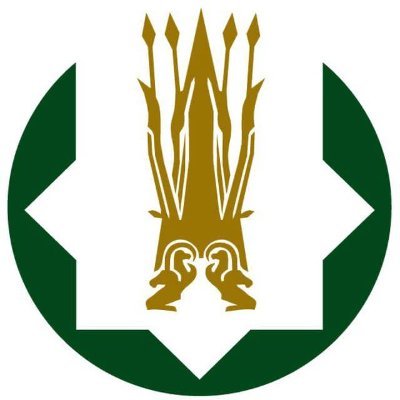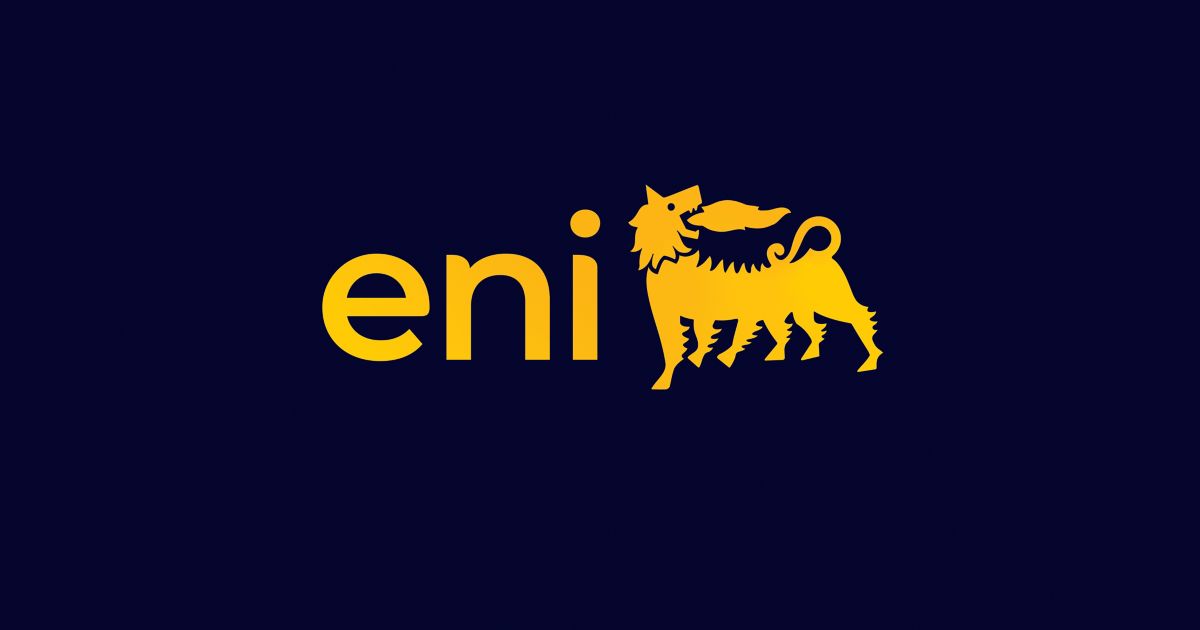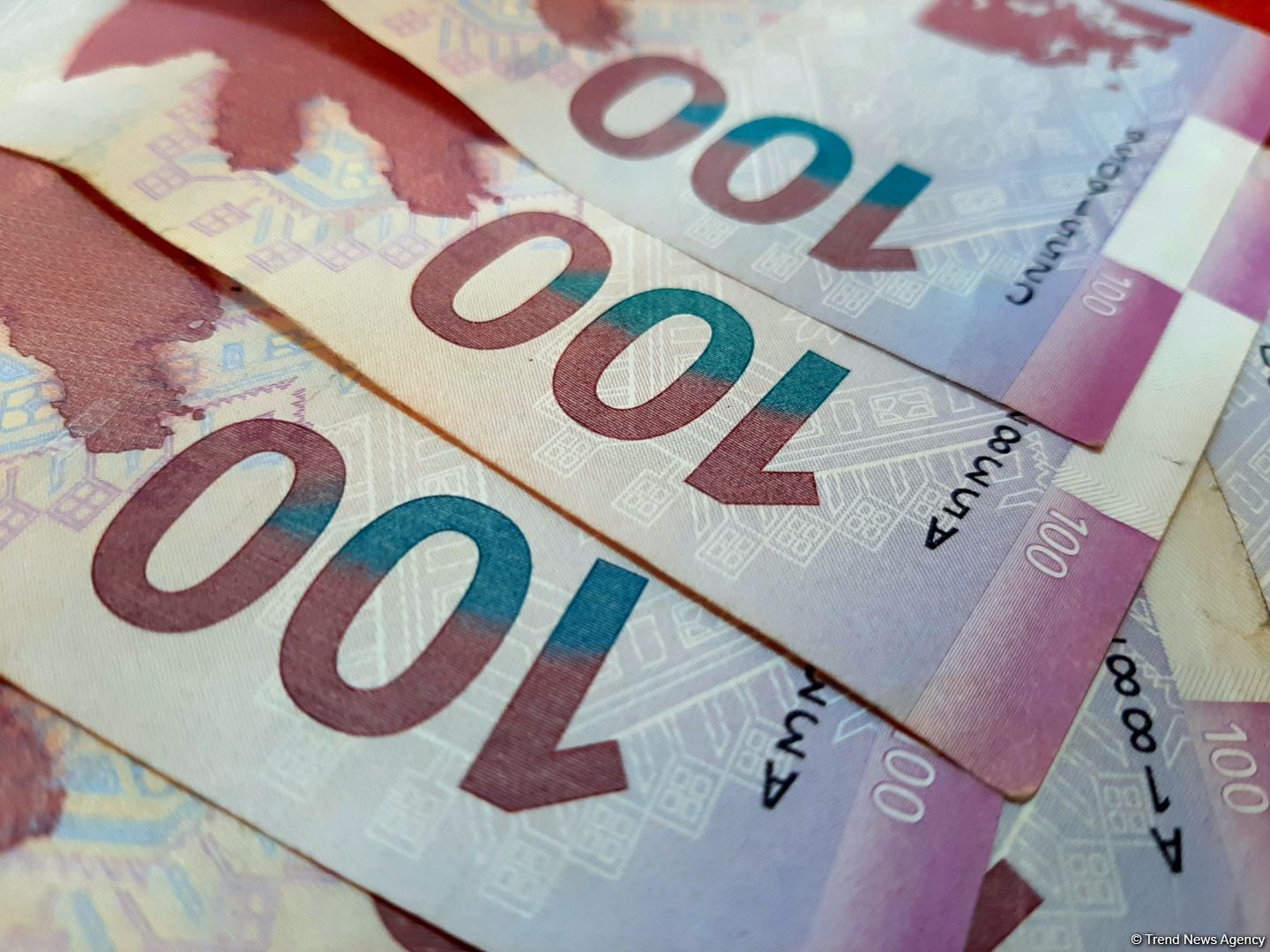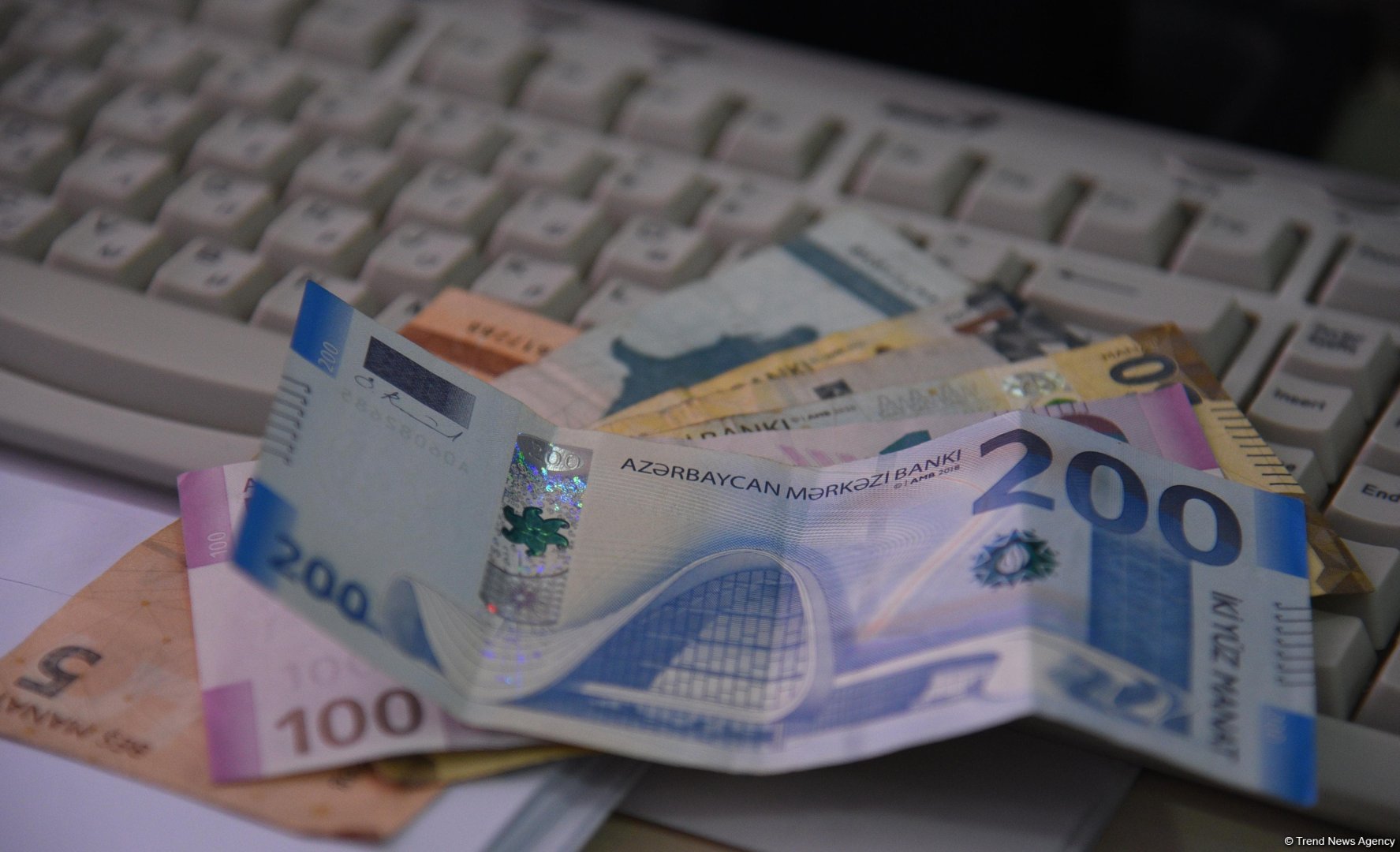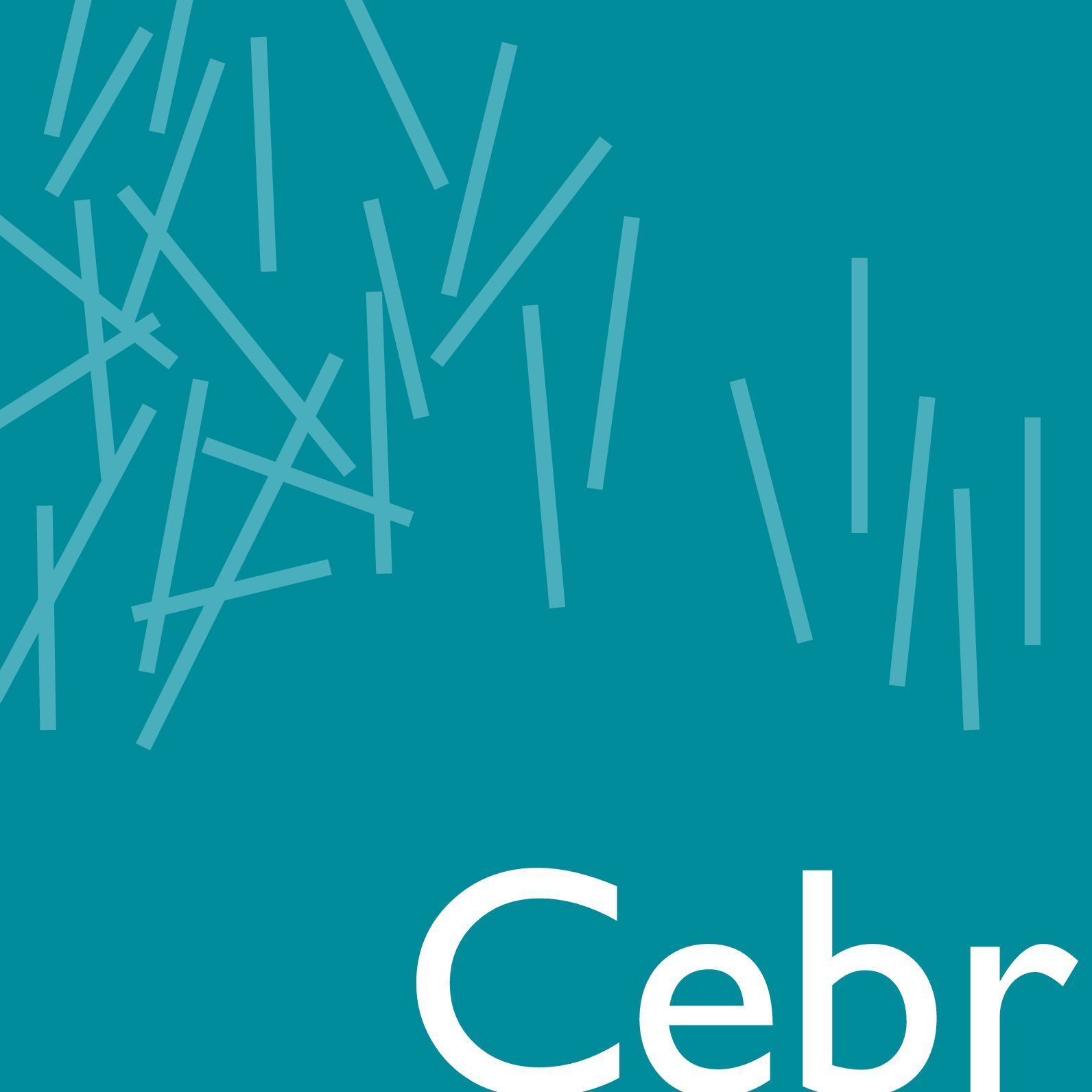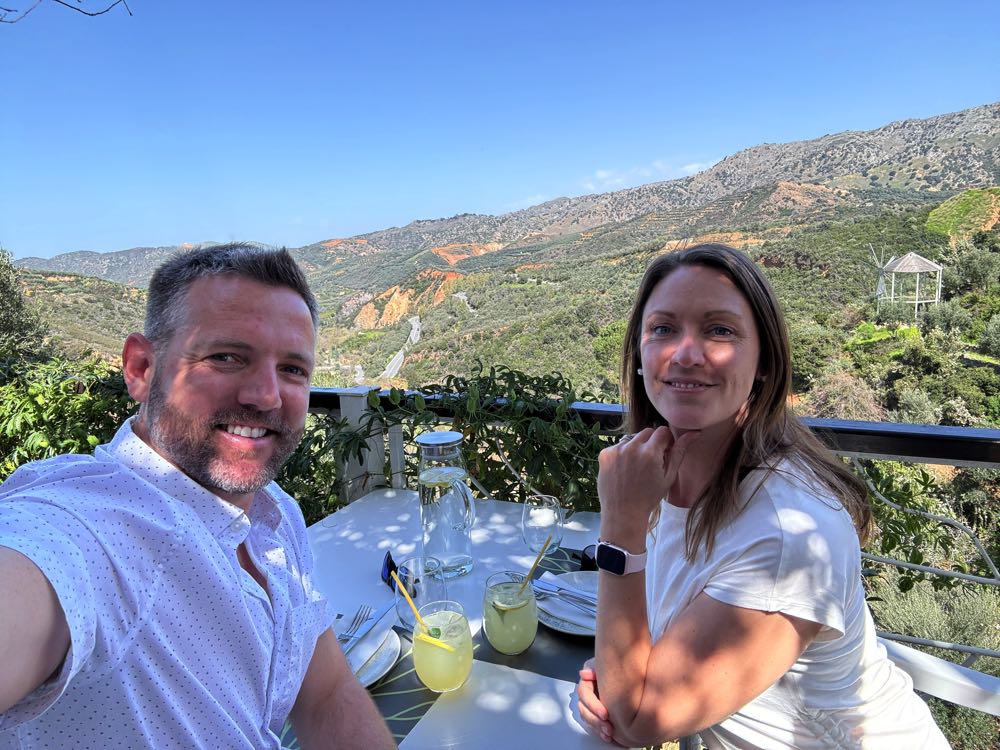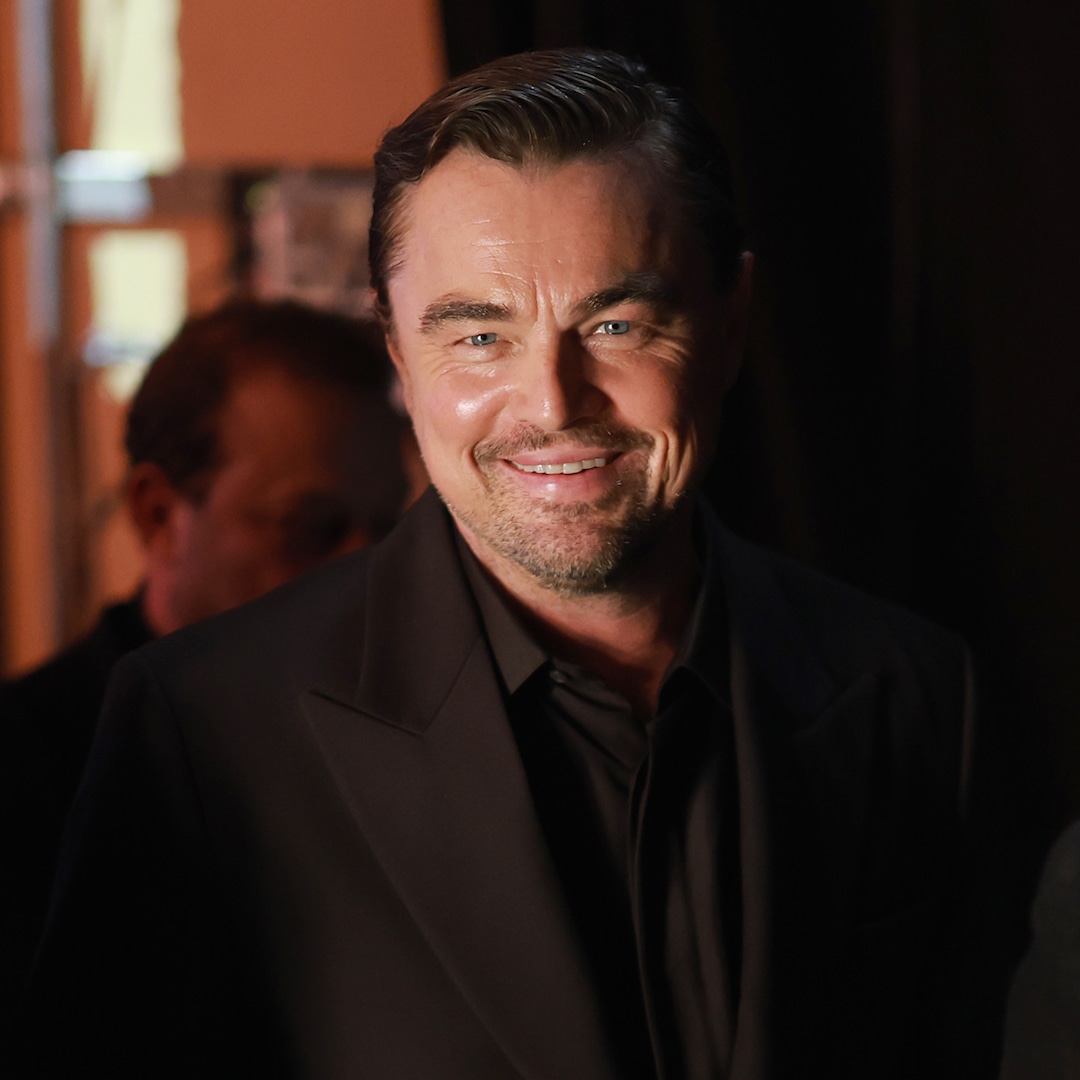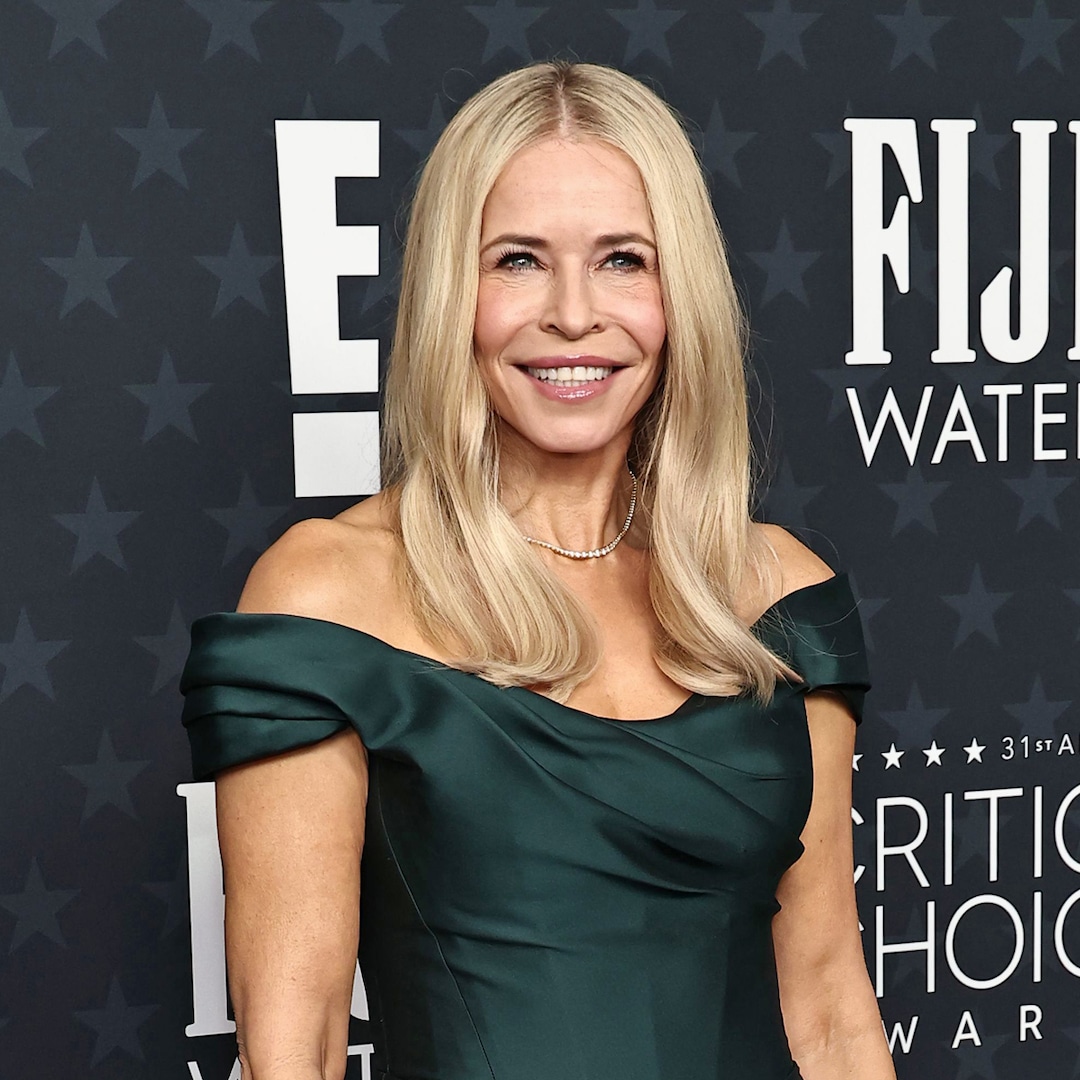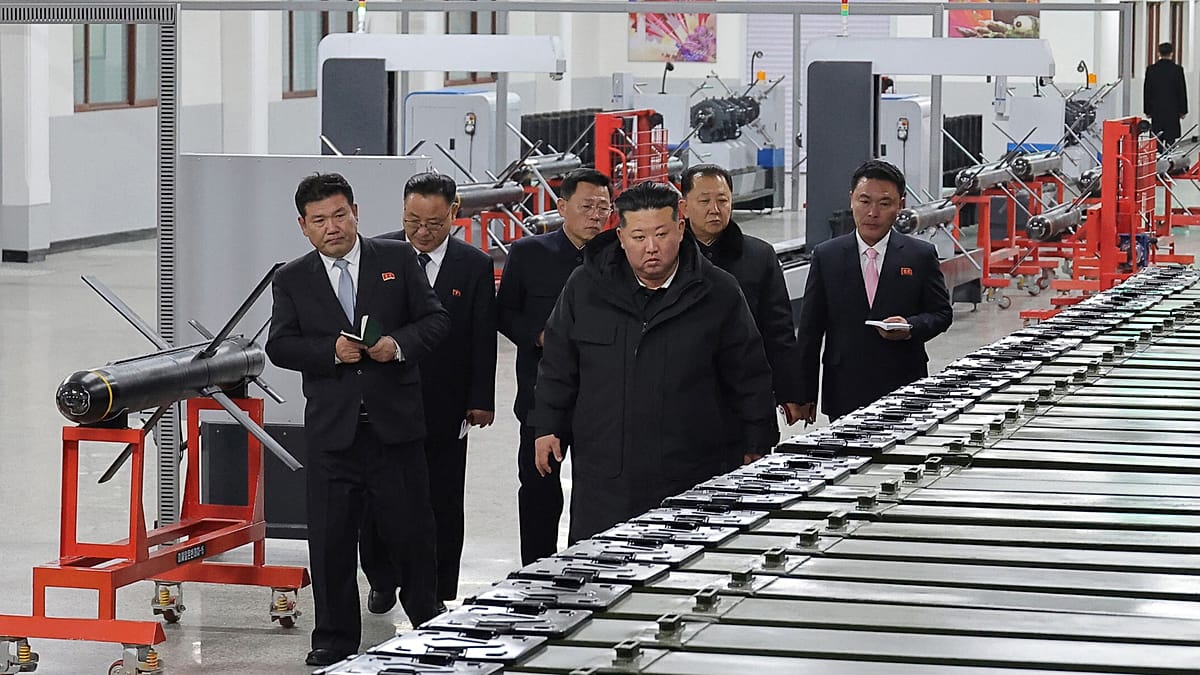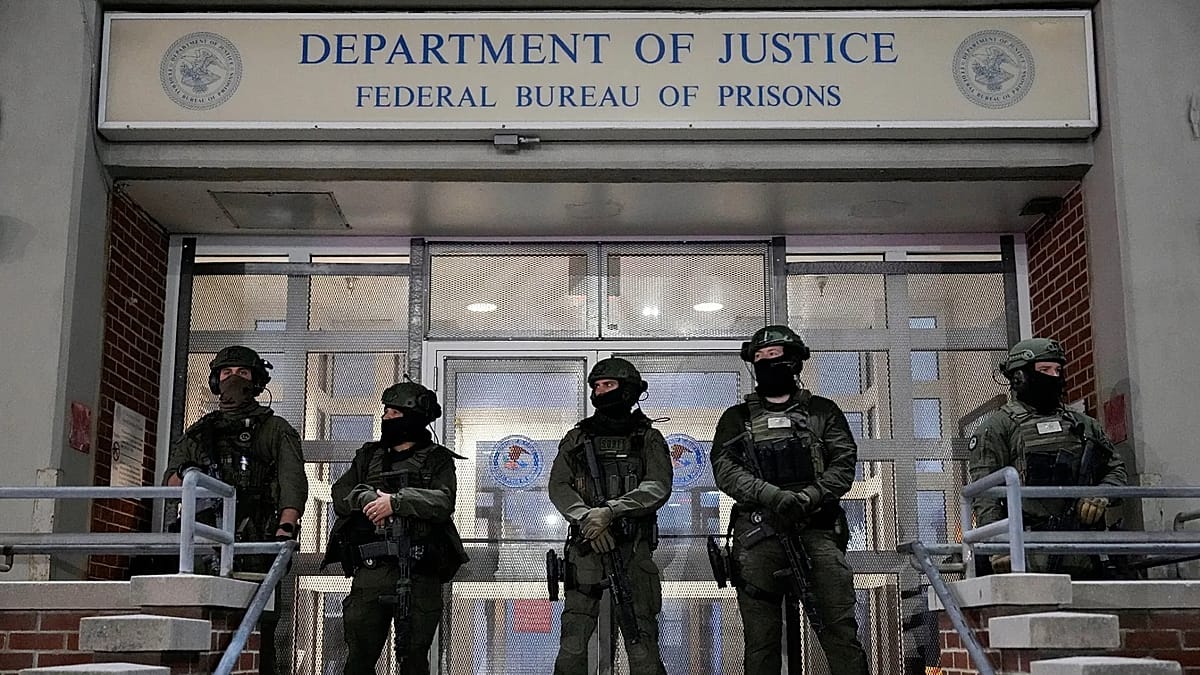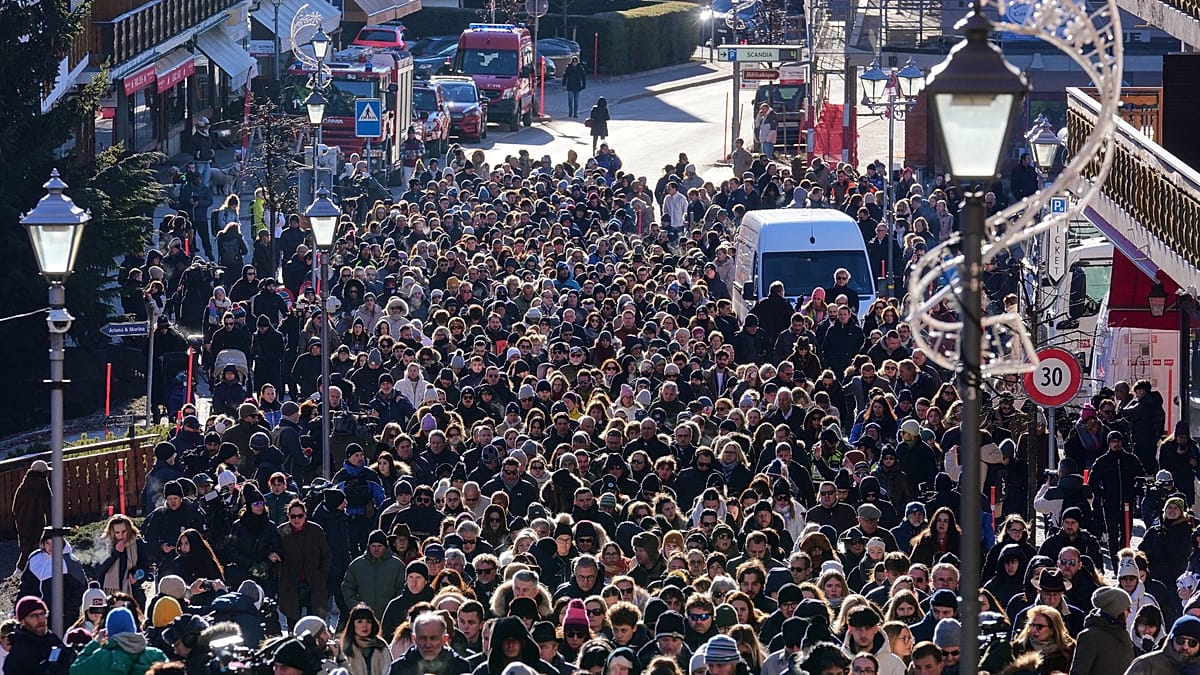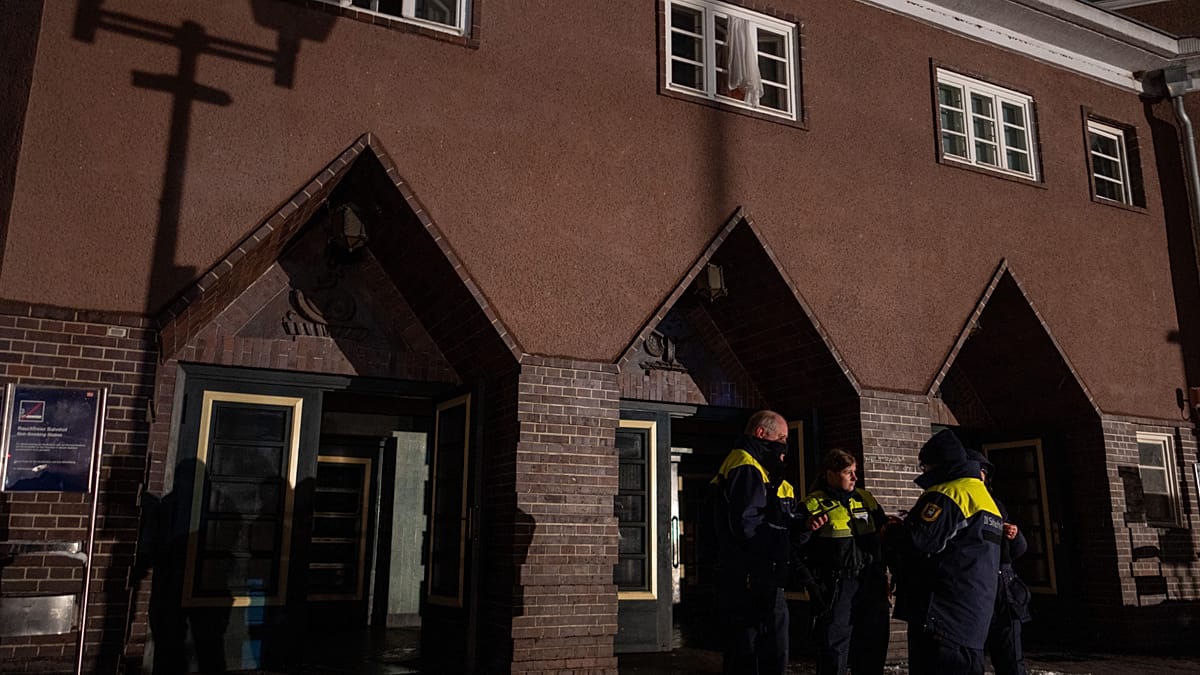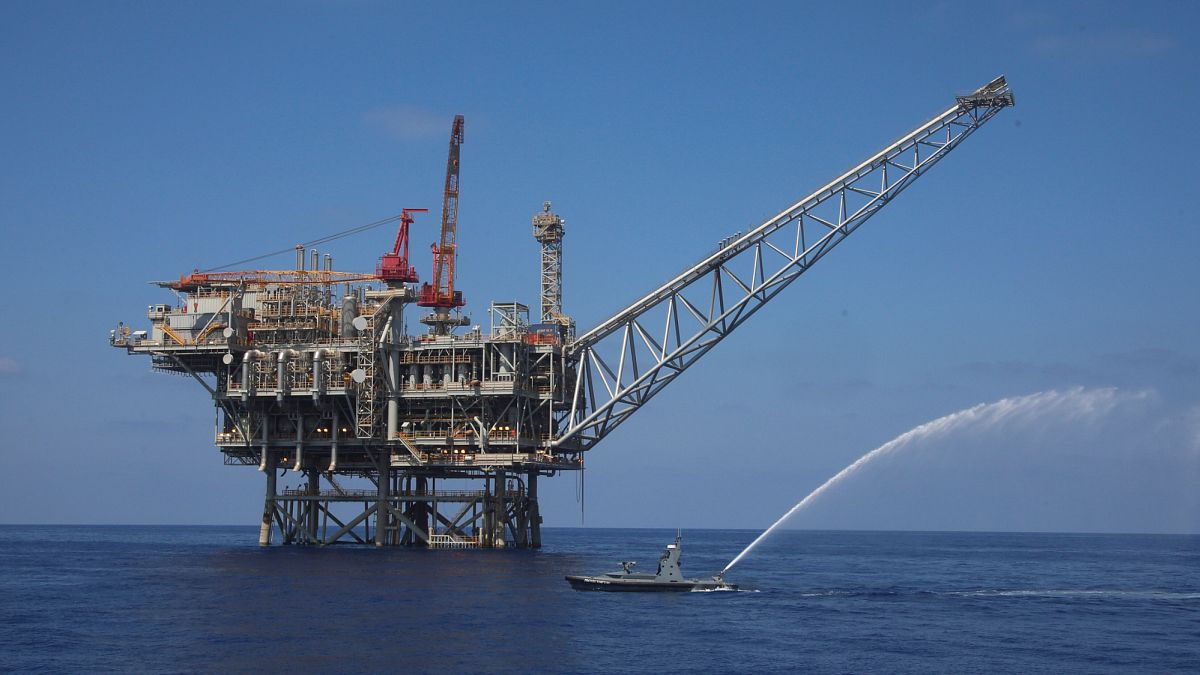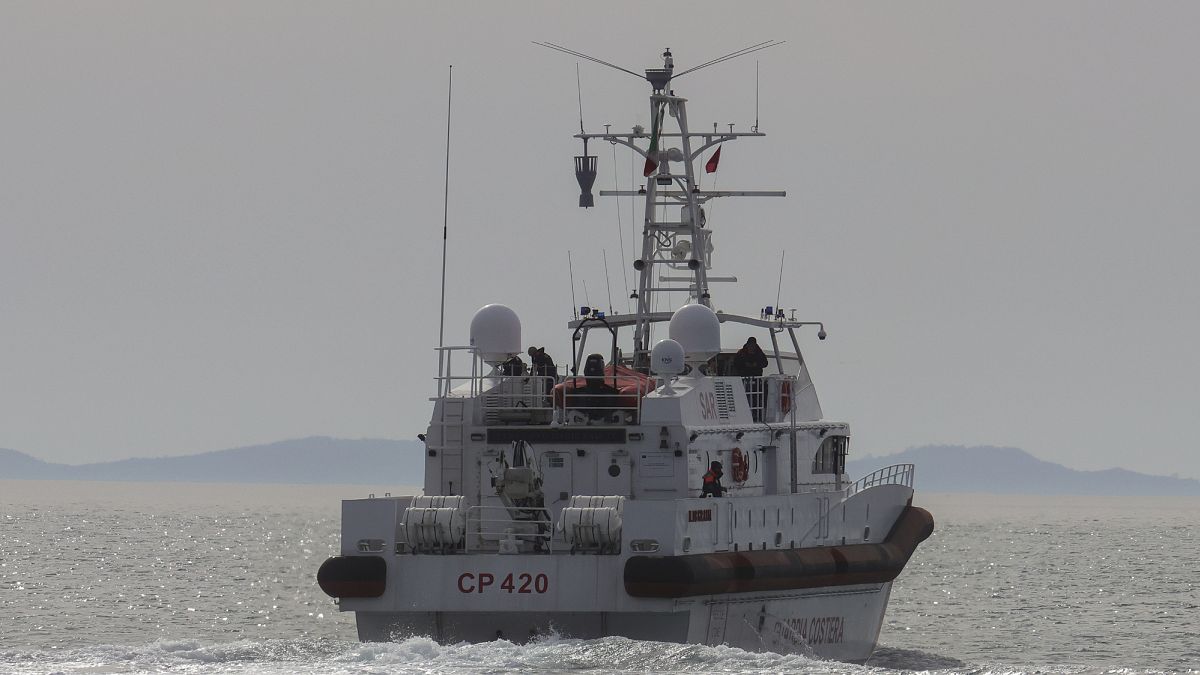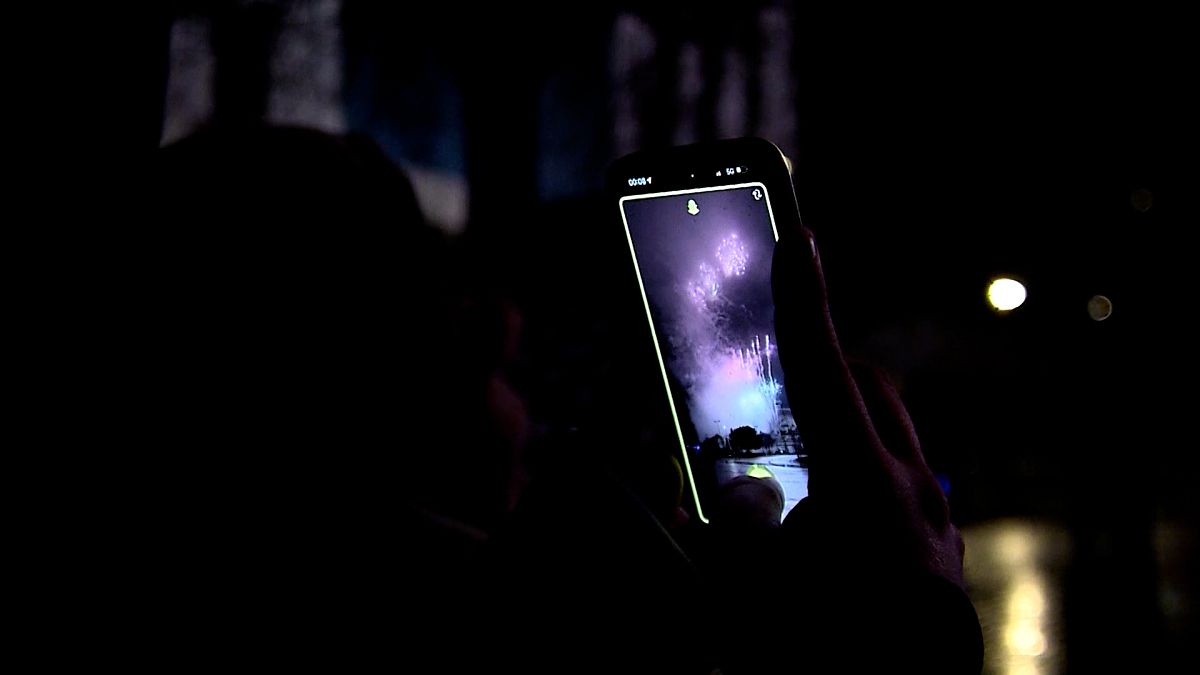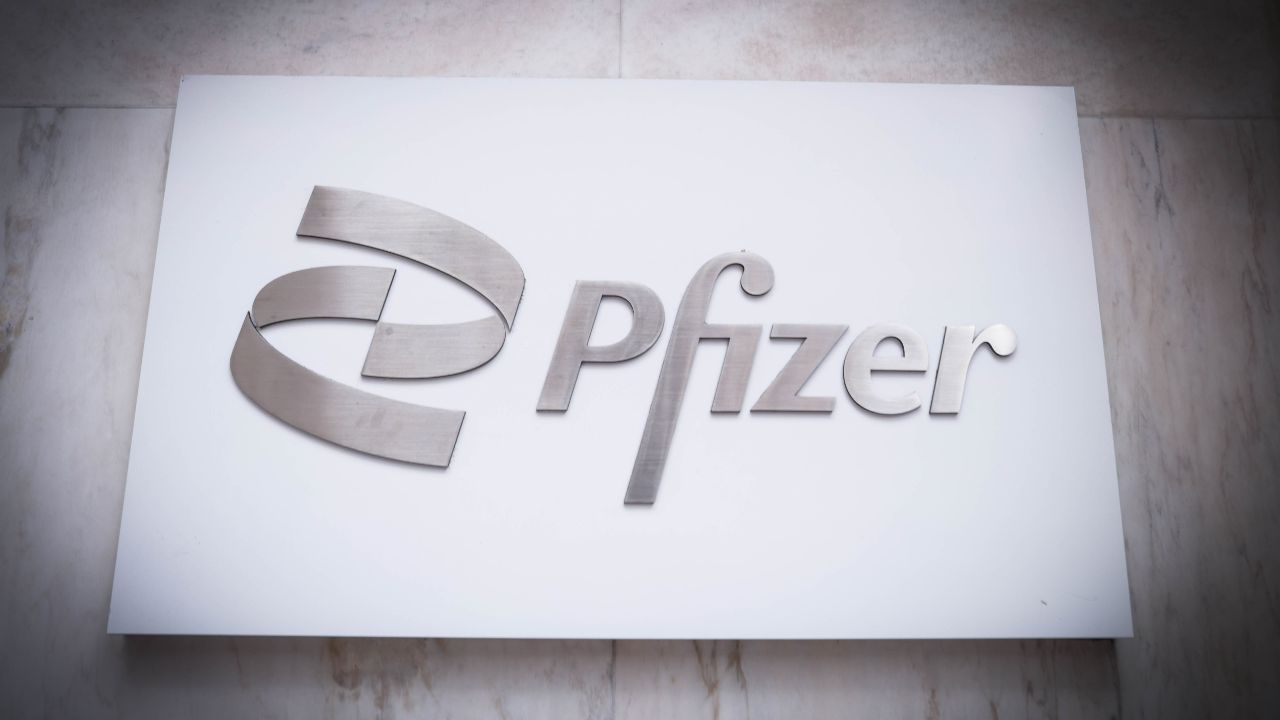EU and Indonesia lift tariffs on agricultural products with deal

BRUSSELS – There will still be import tariffs on so-called ‘sensitive products’, such as rice, sugar, and bananas, so that the European market is not flooded.
With the deal, the EU also hopes to import more valuable raw materials that are important for the green industry, such as nickel needed for batteries and accumulators. Furthermore, it should become easier for EU companies to offer their services in the Indonesian computer and telecommunications sector, as agreed.
The European Commission has calculated that EU exporters will save 600 million euros in import costs annually with the deal. The trade deal still needs to be approved by the EU member states and the European Parliament.
In recent months, the European Union has been busy closing as many trade deals as possible worldwide, as trade relations with the United States have deteriorated since Donald Trump took office as president. The European Commission hopes to finalize a free trade deal with India by the end of the year and to have completed the agreement with the Mercosur countries (Argentina, Brazil, Paraguay, and Uruguay).
According to the President of the European Commission Ursula von der Leyen, the agreement with the Southeast Asian country provides “new opportunities for businesses and farmers in a large and growing economy.” She reached a political agreement on the deal with Indonesian President Prabowo Subianto in July. The EU has been negotiating the deal with Indonesia since 2016.
(September 23, 2025)
